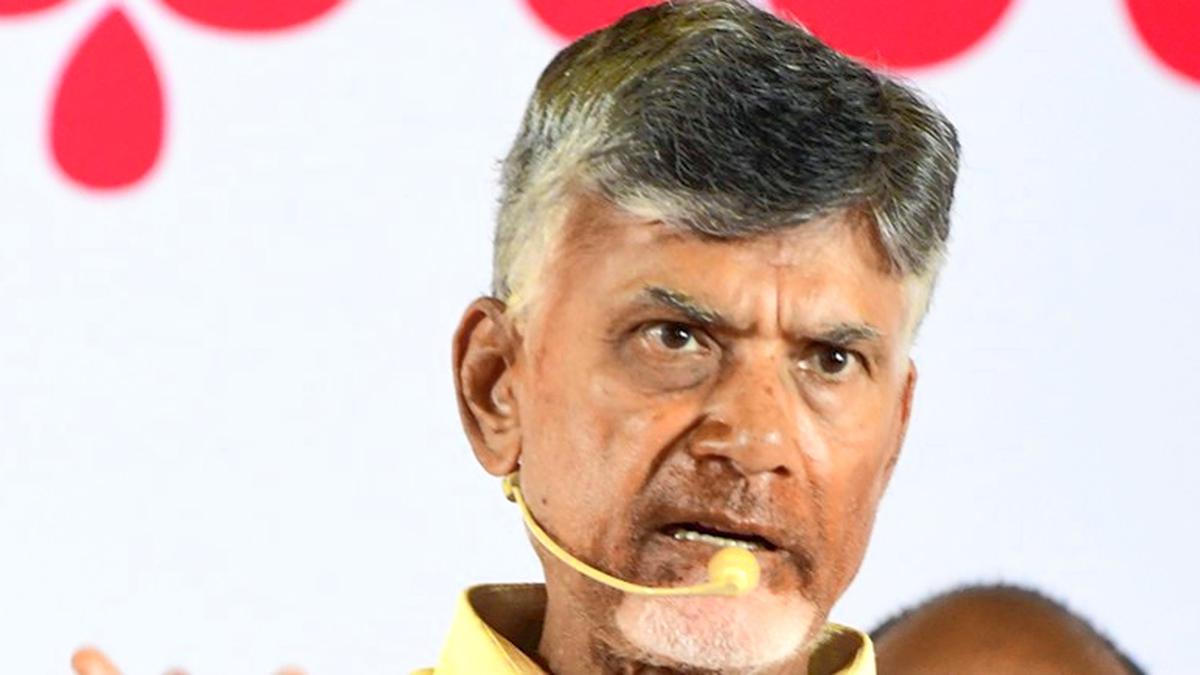
ACB Court to hear Chandrababu Naidu’s bail plea on September 19
The Hindu
ACB Court in Vijayawada adjourns hearing of N. Chandrababu Naidu's bail petition to Sept 19.
The ACB Court in Vijayawada on Friday adjourned the hearing of TDP national president N. Chandrababu Naidu’s bail petition to September 19.
B.S.V. Himabindu, the special judge for ACB and SPE cases, said that it was not proper to hear the petition when Mr. Naidu’s plea to quash the FIR filed by CID and the remand order of the ACB Court are pending final adjudication in the High Court (HC).
On that ground, she refused to take up both the interim and regular bail petitions filed by Mr. Naidu.
Earlier in the week, the HC restrained CID from carrying out its investigation in the case registered by it against Mr. Naidu under Prevention of Corruption Act, 1988 and various sections of IPC, till September 18.
The HC is scheduled to hear Mr. Naidu’s quash petition on September 19.
Mr. Naidu is under judicial remand from September 10 in the central jail at Rajamahendravaram. He was arrested in the wee hours of September 9 at Nandyal.













